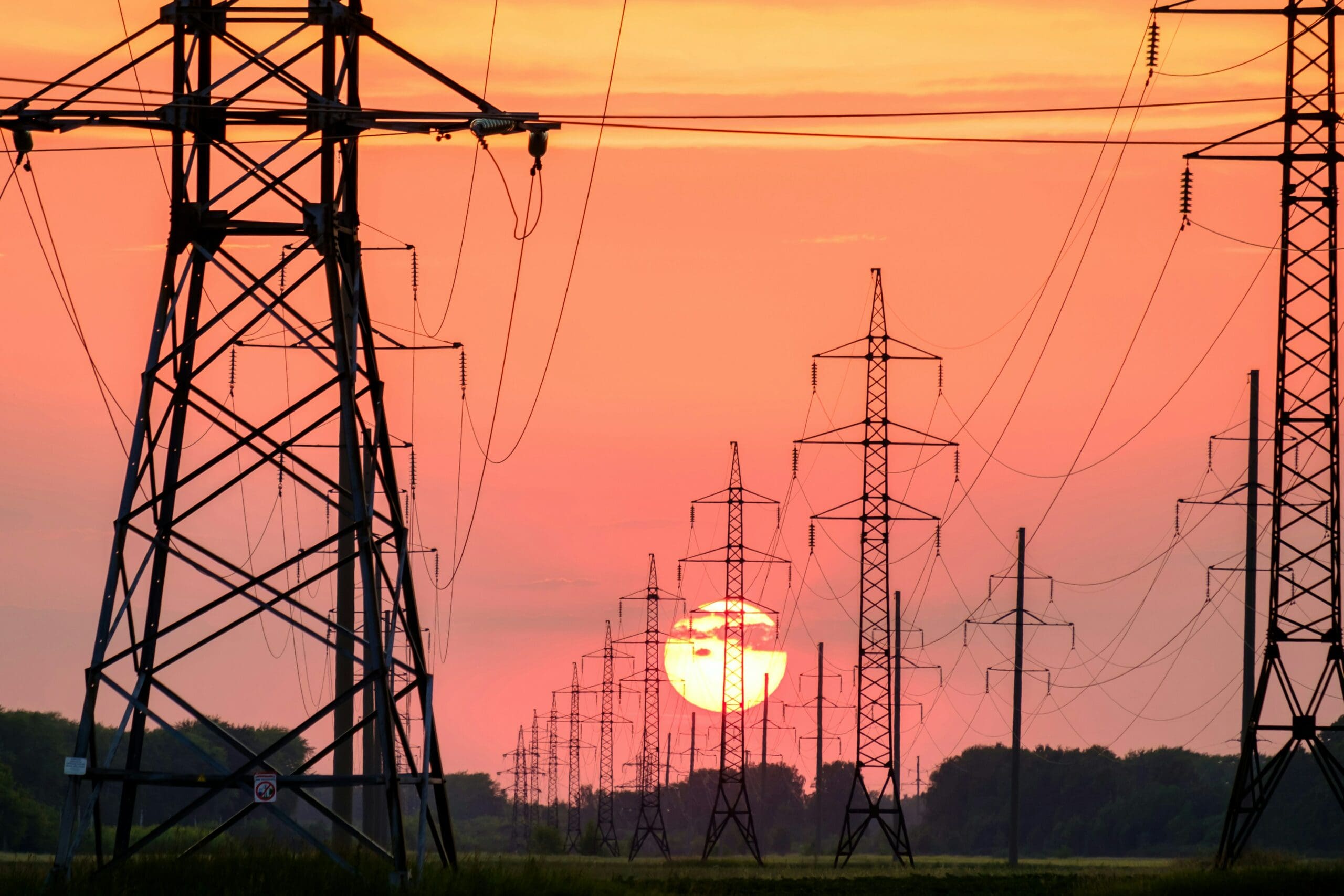EPA allocates millions under Biden infrastructure law for tribal water access projects

Oliver Willis
$154 million from the Infrastructure Investment and Jobs Act will be used to improve water infrastructure for Native American tribes and Alaska Native villages.
The Environmental Protection Agency announced on Tuesday that $154 million from the Infrastructure Investment and Jobs Act will be used to improve drinking water infrastructure on Native American tribal lands across the United States.
“With President Biden’s leadership, EPA is committed to supporting Tribes and working to ensure that these communities have clean and safe water. The agency will deepen its collaboration with federal partners and bring strategic resources to address these longstanding challenges. With funding through President Biden’s Bipartisan Infrastructure Law, we will accelerate investment in water infrastructure that is essential to healthy communities,” EPA administrator Michael Regan said in a statement.
The agency noted that it had released a new funding memorandum that sets forth government requirements and recommendations for how projects related to water delivery issues will be allocated resources.
In its announcement, the Biden administration noted the “disproportionate impact of environmental pollution on Native Americans” and described the policy announcement as part of the administration’s ongoing focus on fighting for environmental justice.
Tribal communities have historically had poor access to consistently clean drinking water: Colorado public radio station KUNC reported in December that 49% of tribes across the country lack reliable access.
Journalist Katia Riddle reported for National Public Radio in November reported on the struggles of the Confederated Tribes of the Warm Springs Reservation in Oregon to maintain a supply of clean water to its 4,000 members. Authorities on the reservation have had to issue notices to residents to boil water at times due to issues with aging water infrastructure in the area, and have been forced to distribute bottled water.
A tribal error told Riddle they were pinning their hopes on funding under President Joe Biden’s infrastructure plans.
Inadequate water infrastructure was reported to be a major factor in the spread of the COVID-19 virus to members of the Navajo Nation, who live in a 25,000-square mile region of the Southwest that spans parts of Arizona, New Mexico, and Utah.
In May of 2020, there were 4,658 cases of COVID and 165 deaths among the Nation’s population of 173,000 people, which the website Outside noted was the highest known infection rate in the United States, higher even than in New York City. The magazine noted that a third of the Navajo population does not have access to running water “thanks to a combination of American water management that doesn’t respect tribal water rights and a widespread lack of the infrastructure necessary to bring water to everyone on the reservation.”
In a September 2020 report, the Urban Institute noted that the average American household uses 88 gallons of water per day, but many Navajo Nation residents have less than 10 gallons of water in their homes, and many only use 2-3 gallons per day.
Among the remedies the Institute recommended was increased federal funding for rural water and wastewater systems.
Biden’s support for access to safe sources of water on tribal reservations is a change from the policies of his predecessor, former President Donald Trump, whose administration instituted federal regulations that weakened tribal oversight of water safety, restricting tribal communities’ input on permits issued for federal projects under the Clean Water Act.
The Biden administration expressed its opposition to the rule: In a May 2021 press release, Regan said, “We have serious water challenges to address as a nation and as EPA Administrator, I will not hesitate to correct decisions that weakened the authority of states and Tribes to protect their waters.” The statement also quoted Oregon Democratic Gov. Kate Brown, who noted:
States and Tribes have relied on the Clean Water Act for almost 50 years to protect our waters and people, and EPA’s action is essential to restoring that historic authority. The prior administration’s rule was not only harmful to the environment, it was corrosive to state, federal, and Tribal partnerships. Communities rely on clean water, businesses rely on clean water, and our environment is dependent on clean water. We welcome this important step by the Biden-Harris Administration to restore a strong, collaborative approach to protecting one of America’s most precious resources.
In October 2021, the Trump-era policy was struck down by U.S. District Judge William Alsup, who said in his decision of the Trump EPA’s interpretation of environmental law, “EPA does not adequately explain in the preamble how it could so radically depart from what the Supreme Court dubbed the most reasonable interpretation of the statute.”
Published with permission of The American Independent Foundation.




